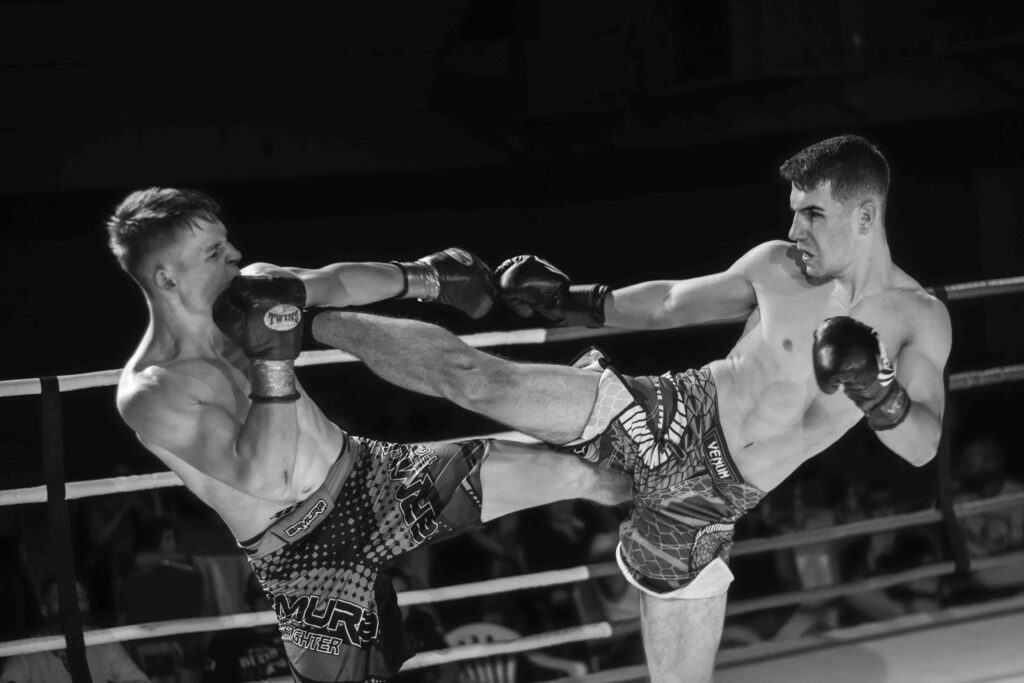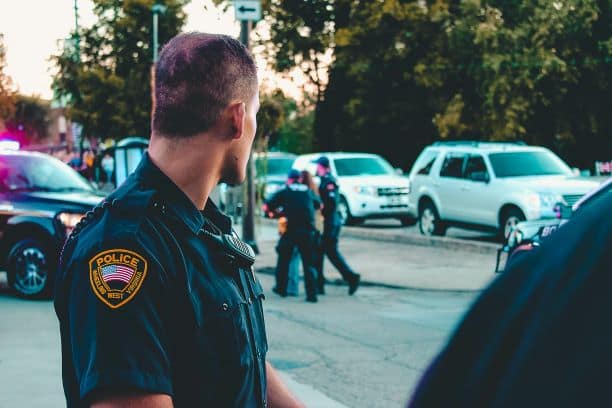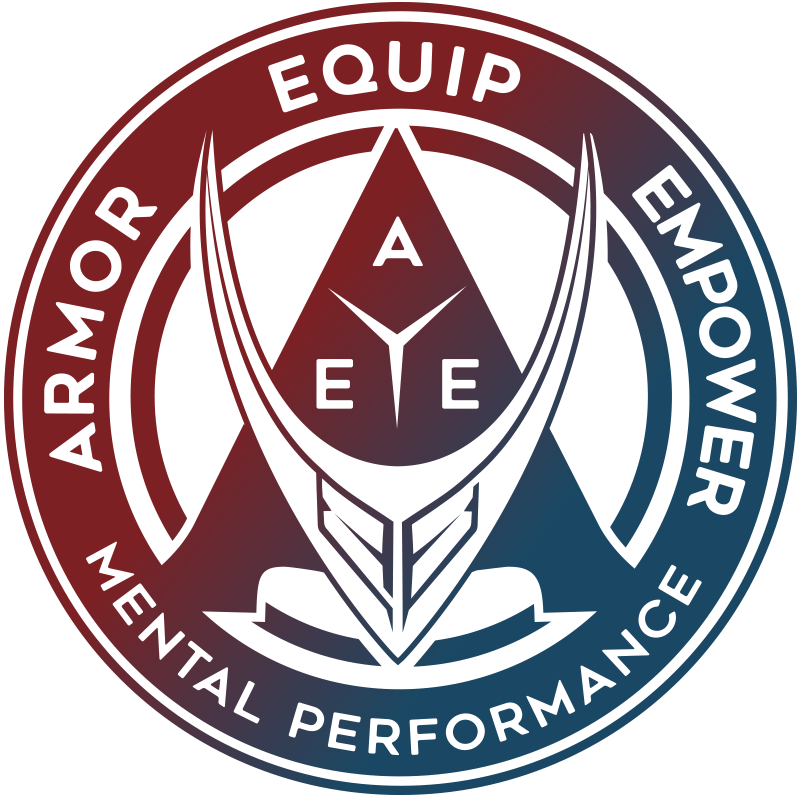Targeting individual and organizational readiness and resilience is adopted from my time as a Soldier in the US Army and their focus on the same two concepts for the Soldier population and their families. However, in this blog, we will discuss how we have modified the concept and have created a model that fits our perspective on how we see readiness is achieved within the populations that we engage; athletes, business professionals, and most importantly first responders.
why is mental readiness important?
Imagine being in a high stress situation (intense call for service, high stakes championship game, or needing to produce quality results on a project for your boss or investors) and your mind is ruminating on past performances/future failures/situations at home, you are low on energy, or your arousal is through the roof. In other words, you were not ready. In scenarios such as these, the end result is often performance breakdowns that look like, increased errors, poor decision making, physical injury, poor recovery, etc. Achieving and maintaining an appropriate ready state sets the stage for how resilient individuals and organizations are or can be in the face of crisis and adversity. Mental readiness is the cornerstone of performance flexibility. How prepared are you to handle the worst possible or even best possible situations? Our performance can be significantly positively or negatively impacted by our state of readiness.
what does a ready individual look like?
We see a ready individual as someone who is optimally motivated (the individual has an understanding of the proper balance between extrinsic and intrinsic motivation and how to increase self determination to achieve that optimal state of motivation), someone with a proactive attitude, composed, focused, confident, recovered, collectively competent, and, lastly, appropriately mentally and physically trained (the individual knows when, why, and how to use the skills that optimize performance).

Let's look at how we approach readiness & resilience
Let’s explain what each layer of this concept means and why it has an impact on effectively achieving a ready and resilient state. The innermost ring is what we call the core of development. From the individual perspective, deliberate purpose is the individual’s “why” to what it is that they choose to do. It is the identified values that guide the individual daily – more on this in our previous post. From the organizational perspective, a sense of belonging is the foundation upon which organizations create a work culture that promotes solidarity, social support, autonomy, leadership development, and competence all geared towards constantly effective performance. These two overarching elements towards readiness from both the individual and organizational perspectives are important to providing a base from which both the individual and organization improve readiness and maintain resilience.
Moving outward, the second ring is what we call the elements that promote self-regulation. These are the elements both individually and collectively that help create and maintain a ready and resilient state for optimal functioning when it matters. From the individual perspective, developing a sense of awareness of current productive or unproductive behaviors as well as awareness of effective tools/concepts is one of the first steps to truly making changes that allow for remaining ready and resilient. This awareness allows for better self-control within highly stressful situations, which look differently for everyone, and ultimately promotes performance flexibility allowing the performer to flow within the highs and lows that naturally occur during performance in any domain. One of the most common areas where we implement self-control is stress-management. For specific tips on how to apply stress-management tools, visit our Stress-management for Increasing Resilience Resource Room. From the organizational perspective, reflectiveness allows the organization to objectively evaluate areas of improvement or success from past performances and then intentionally implement concepts that help to either improve or maintain those areas. With that, the organization becomes flexible.
The outermost ring is what we call the individual and organizational state of readiness. This is the achieved state of readiness at the individual and organization levels. This state of readiness is what allows for the individual and the organization to perform in their Optimal Zone of Natural Excellence (OZONE) more consistently and increase resilience. When we think about burnout and other significant mental injuries that take performers away from what they enjoy or leave organizations and teams with holes to fill, making mistakes and not being able to shake the impact of those as well as not being able to bounce back from the stress related to traumatic experiences is at the root. This measurable ready state provides something tangible to strive for and allows individuals and organizations to perform at their best when it matters most.
how this impacts and improves performance?
In today’s world, the ability to achieve a performance enhancing mental ready state couldn’t be more important. In the present environment where performing at your best when it matters most, especially as a first responder, is critical to the life, safety, and security of those around you and the public you engage with, your mental state of readiness helps to determine the outcome in those high stress situations. High stress and high-risk performance are rife with task relevant and task irrelevant stimuli. The key is to respond effectively and appropriately to the relevant stimuli that help to control the chances of the best possible outcome. Viktor Frankl, an Austrian neurologist, psychologist and Holocaust survivor said, “Between stimulus and response there is a space. In that space is our power to choose our response. In our response lies our growth and our freedom.” In the same way, information processing theory scientifically walks us through the path from stimulus to response as well. We want the individual to be empowered through the knowledge and implementation of performance enhancing mental tools to develop that ability to choose a suitable response. Our mental readiness state affords us the space to evaluate when, where, and how to utilize those tools to optimize our performance.

For more information on how to create the space between the stimulus and response, visit Mindfulness Practice for Self-regulation & Resilience.
Moreover, as the cornerstone of performance flexibility, readiness allows the individual and organization to respond appropriately rather than react. Reacting is less deliberate and can have significant uncontrollable impacts due to engaging in impulsive reactions to experiences. Readiness doesn’t mean we are stress free, it means we are where we need to be to effectively manage the impacts of the stress we have and will encounter throughout performance. The idea here is to increase resilience to better promote nonreactivity. One study that looked at the role of resilience in mindfulness training for first responders reported on the conclusions from evaluations of mindfulness-based interventions which found that improvements in nonreactivity predicted reductions in depression symptoms in veterans (Colgan et al. 2016) and increases in predicted stress and anger outcomes in LEOs (Bergman et al. 2016). This is important because it speaks to the emotional demands, linked to high rates of job dissatisfaction and burnout, that come with being in high risk occupations, especially in law enforcement work. The effects of improving nonreactivity hold true whether you are an athlete, business professional, or first responder. In any of these high demand performance domains, readiness is critical to performing in your OZONE when the stress is high and you have to make the right decisions. In later blogs, we will discuss tips to achieve an optimal mental readiness state and improve psychological resilience.

